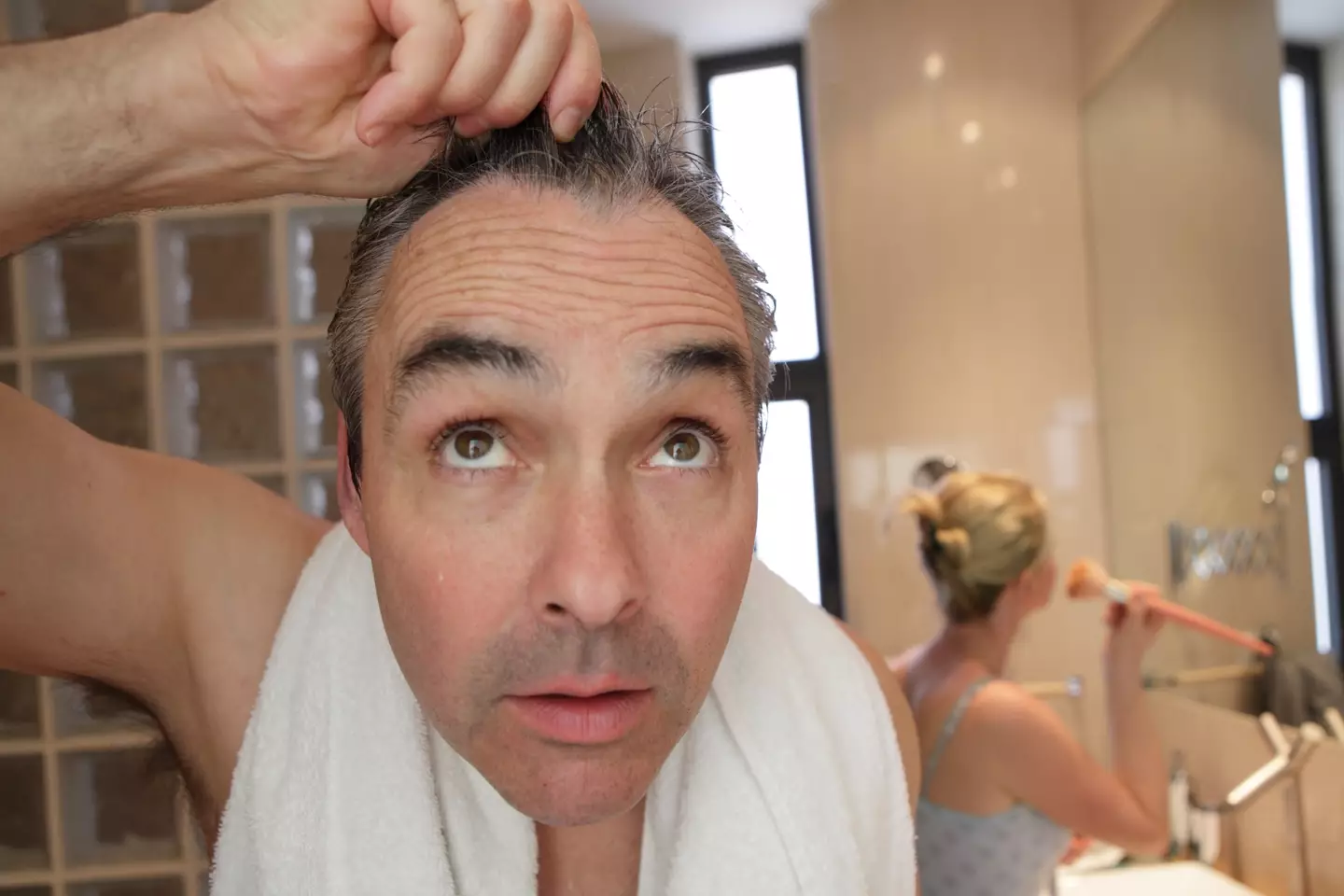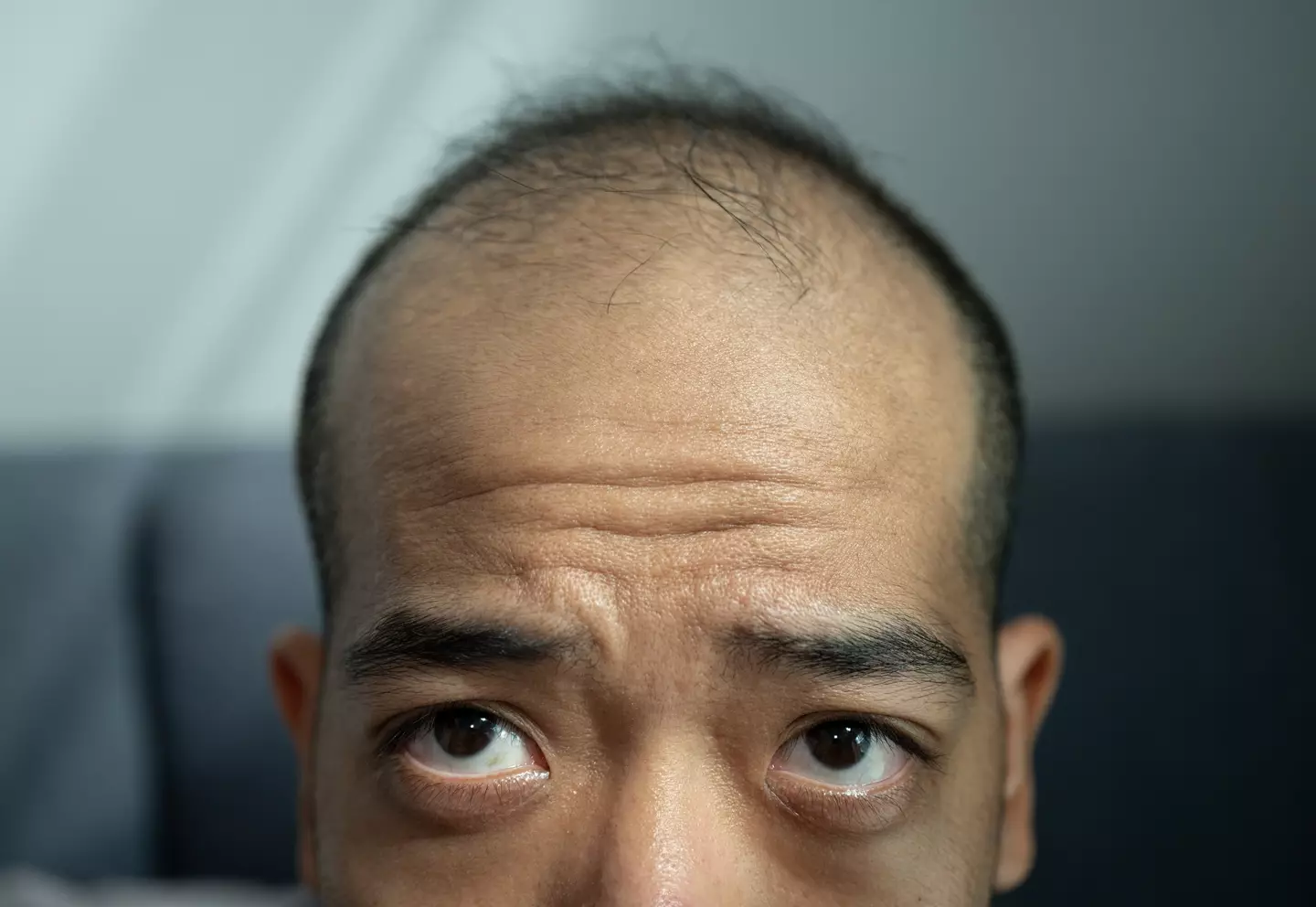.png)
For so many men around the world, there's a time in his life when he looks in the mirror and has to acknowledge that the lush, verdant forest of follicles atop his scalp is not quite what it was.
What had once been a thick and luscious clump of hair has now turned to something thinning and less impressive.
His hairline appears to be in retreat, pushed back by that most implacable foe of biology.
Gazing into that mirror he knows the war against balding has begun, and it's only going to end one way.
Advert
Many choose instead to change the terms of the engagement, altering their hairstyle to compensate for the loss of hair, while some decide to take the plunge and embrace going bald altogether and often look all the better for it once they do.

There are many things which cause hair loss, and one of the chief causes is stress.
If you're really stressed then it can push many hair follicles into a resting phase, meaning they're going to fall out later on down the line which contributes to balding.
However, researchers at the University of Manchester have found something interesting which could one day treat or even halt the balding process.
The Manchester Hair Research Group were conducting a study on a drug to see if it could cultivate human scalp hair follicles in a dish, but instead they discovered how the human stress response can hamper hair growth.
University of Manchester expert Dr Talveen Purba was a senior author in this study, and explained how they'd made this discovery.
He said: “We were testing a drug that targets metabolism in human hair follicles to influence how cells generate energy, which based on the work of others, we expected to stimulate stem cells.”

“However we found the opposite was true: hair growth was instead blocked, as cells, including stem cells, quickly stopped dividing.
"We're incredibly hopeful as we believe the activation of this pathway could play an important biological role in restricting hair growth in people with hair loss conditions, meaning that targeting it could lead to new treatments."
Study co-author Derek Pye said it was 'striking how consistent the response is between hair follicles from different people'.
With apologies to people who are already bald this development is unlikely to help them regain what they've lost.
Instead it's more likely that it could help stop balding, so those currently experiencing hair loss who'd like to say 'no more' are more likely to benefit from this.
Topics: Science, Health, Mental Health